Hawaii’s Proposed Coronavirus Testing Is Unacceptable (And Legally Questionable)
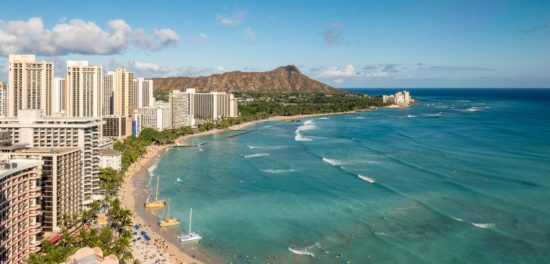
Hawaii’s Proposed Coronavirus Testing Is Unacceptable (And Legally Questionable)
If you’re a regular reader of our blog, you’ve probably noticed we’ve talked a lot about Hawaii’s efforts to protect itself from coronavirus. This stems from measures requiring a 14-day quarantine to tracking devices to placing people under what is essentially “house arrest” by controlling access to their own hotel room. Now, Hawaii has a new way you can avoid quarantine: submit to coronavirus testing and submit that data to an airline. If not, face the prospect of a long, inconvenient wait at the airport or quarantine. The move is being pushed even more after the Federal Government said the testing policy does not violate any Department of Transportation regulation.
The Plan’s Major Points
The details are included in a plan submitted to the House Select COVID-19 Committee. The plan calls for a number of items, including:
- Passengers will have three options: 1) Coronavirus testing within 72 hours of departure; 2) Test when they arrive in Hawaii and face a long wait; or 3) Mandatory self quarantine for 14 days;
- Get a retest every seven days while visiting Hawaii;
- Submit testing to the airline; and
- All departures require testing.
You can read the plan in its entirety here.
In The Name Of Public Health?
Now, I know there will be people who comment “but public health.” However, the author of this plan kind of gives away the whole premise in the report itself. He says, “Travelers will gladly pay a premium for airfare and accommodations knowing that a rigorous testing system is in place.” I tend to believe this is more about making Hawaii a tourism hotspot to increase revenues and jobs than it is to actually protect people.
Naturally, it is also a policy that is meant to promote public health. I don’t believe the government is doing it with ill intentions. But they deserve to be held accountable for policies that fly in the face of freedom. They also should not get away with pretending that these policies are merely about public health.
If You Don’t Like It, Don’t Go To Hawaii
Many will say, “If you don’t like it, don’t go to Hawaii.” However, the Supreme Court has concluded that Americans largely have freedom of movement within their country. The principle of freedom of movement was affirmed in a 1999 Supreme Court ruling. In that ruling, the Court held that citizens have a right to enter and leave a state and be treated as welcomed visitors. This strikes at that very principle by forcing a false choice between capitalizing on that freedom of movement or facing testing/quarantine.
Of course, balancing public health and individual liberties can sometimes be difficult. But the Supreme Court has set a standard that calls on government’s to take the put into place the least restrictive means available. It is hard to argue that all of these policies are the least restrictive means. In addition, the laws disproportionately impact tourists, placing them at the forefront of the laws and regulations.
Hawaii’s Tourism
Now, I know Hawaii’s economy is hurting during this difficult time. It’s a state very much dependent on people’s tourism for revenue and jobs. For that reason, it makes it easy to make the case that we should just allow Hawaii to do what it wants to help its economy. But there’s a balance that needs to be walked here, and I think Hawaii largely surpasses the scale against freedom. I feel terrible that Hawaii is suffering. But so are many other parts of America.
In reality, Americans would not take kindly to similar policies implemented by states in the continental U.S. Only only needs to look at NY Governor Andrew Cuomo’s challenge to Rhode Island and Florida for limiting travel by New Yorkers. There was an instantaneous threat of lawsuit and outrage from the state of New York. We should not treat Hawaii as a special case, even if they are an island disconnected from the continent.
The Balance Of Public Health And Freedom
I am not a denier of coronavirus or the danger it poses to people, economies, and our way of life. Our blog has defended the airlines implementing policies requiring face masks for passengers. We also condemned somebody who openly flaunted Hawaii’s quarantine rules for no apparent reason other than because he wanted to do so.
Personally, I’ve followed adherence strictly to my local and state government’s quarantine procedures. I have largely not even gone to stores when given the opportunity to do grocery delivery. I wholeheartedly believe in the importance of fighting this virus and protecting lives.
But I ultimately in a believer that times of turmoil and tragedy also need to remind us about the importance of freedom. Our Constitution still matters, even during times of difficulty. After 9/11, the government took away liberties in the name of freedom. Looking back, many people acknowledge we didn’t handle ourselves the way we should have. My hope is that we don’t repeat those mistakes and place public health at the forefront of everything, even when it violates freedoms and liberties.
Bottom Line
Hawaii’s politicians outlined a plan to require coronavirus testing for island arrivals. Leaders say it’s all in the name of public health, but there is also a tourism component to it. Leaders want to sell the state as a safe zone from coronavirus. I hope we consider these issues and take them seriously. We tend to over respond during periods of crisis, and we regret it later. Let’s not repeat the mistake of 9/11 and aim to change our entire way of life in the name of security.

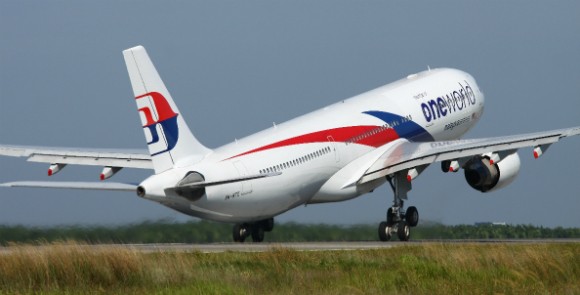
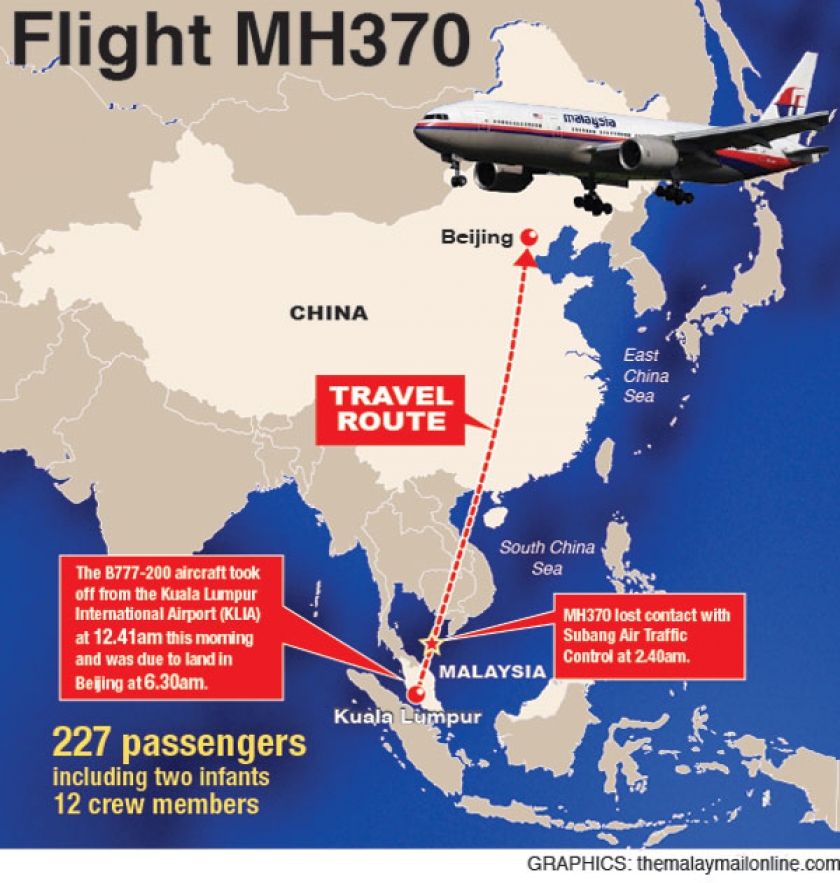
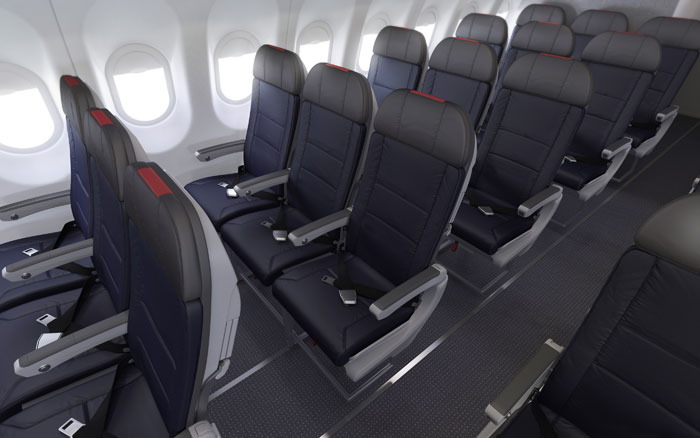
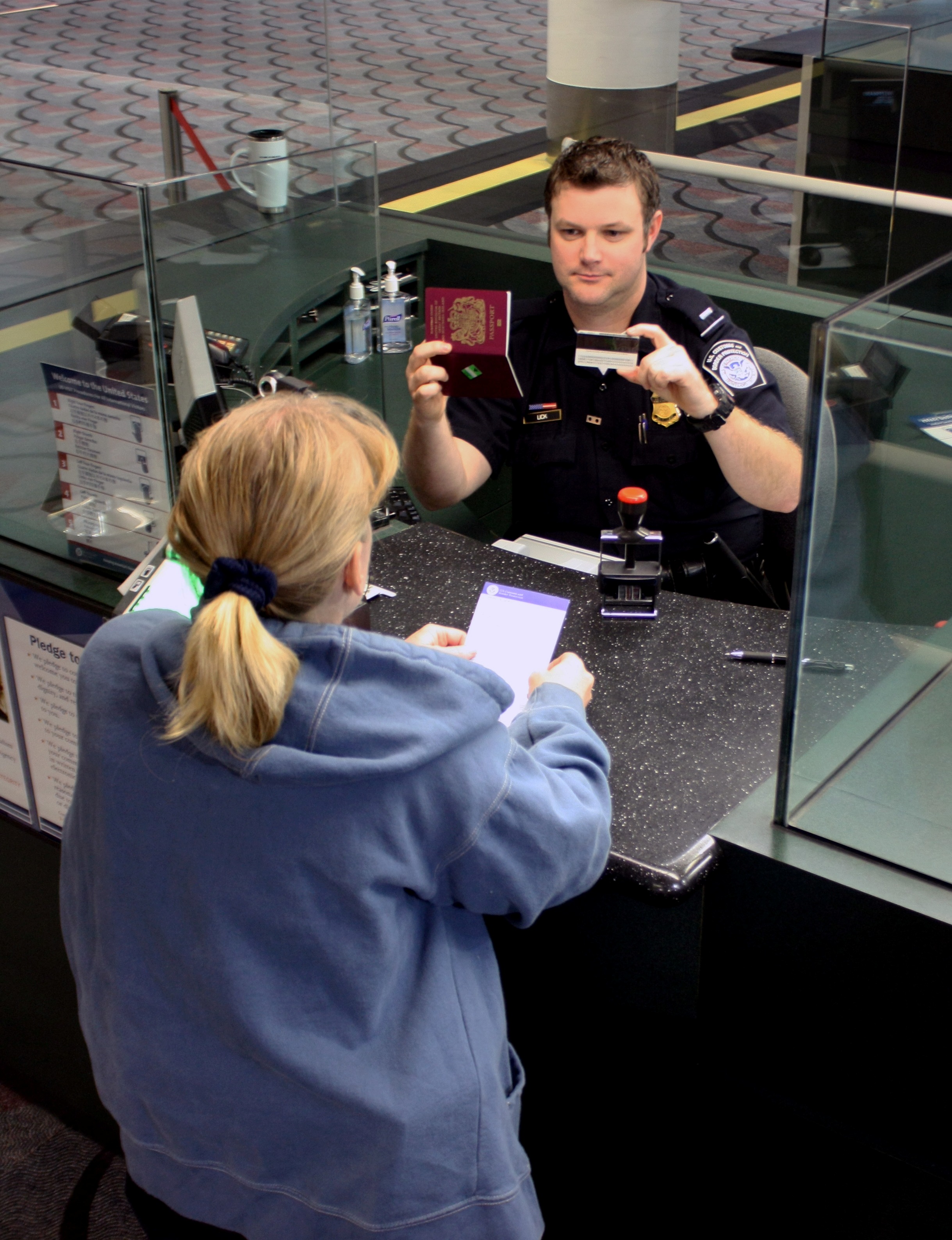
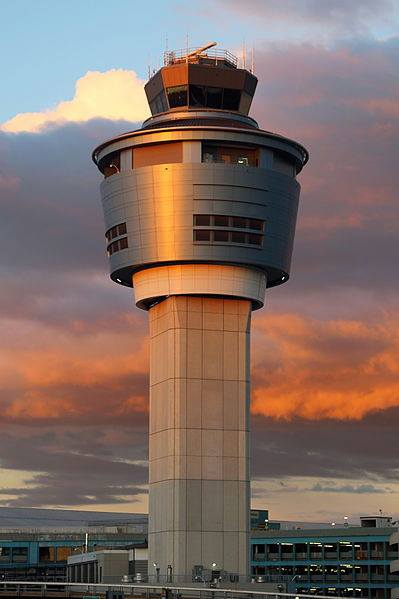

In contrary I have this question: If you were to visit your elderly parents or god forbid a relative or a close friend battling cancer and your family asks you to take a test before visiting. Would you say yes of course or pack up your guns and storm in to give them a kiss and tell them how much you love them?
I understand the point you are trying to make, but there is a false equivalence With your premise. You cannot compare personal decisions made between individuals and governments mandating decisions to citizens.
The people who are high risk have the option to not accept visitors and stay secluded and sheltered at home. A person coming from the mainland isn’t posing a risk to those who have the option to remain safe at home.
I do wish Hawaii declared independence and reverted to its own country. The only thing we get from Hawaii is votes for a large bureaucracy,minfringement of fundamental freedoms and terrible judges who side with the devil. Sweden has 10 million people. Norway has 5 million people. There are 2680 miles between the coasts on the mainland. We’d be a lot happier if each group had its own space and countries to self govern.
Not disputing any legal analysis.
But governments ARE the (individuals) people…who elect officials to do take actions in the best interest of ALL. It’s not guvment mandating…it’s US mandating collectively for societal good.
That’s not how the Constitution or our government works. Hawaii’s elected officials cannot decide to impede the rights of Americans because their citizens want them to. The Constitution protects individuals from government power, even when those officials are elected.
That sounds like tyranny of the majority to me. Individual freedom and self determination always should trump those who wish to curtail personal freedom even if those people are the majority and practice mob mentality.
I really hope people boycott Hawaii for a long time.
This sort of juvenile behavior is not what our country is about.
Thanks for the well thought out response to this. I live on Maui, and I too think it’s ludicrous. Sadly, the only reason I see myself “for” it is because our horrible leaders have straight up said they won’t open up without it, and that’ll leave so many of my friends and family still without jobs. I’m still working, thankfully, but on a reduced workweek. We are 3 from the bottom for number of infected in the US (Maui alone went 8 days straight with NO new cases until we had 1 yesterday) and yet our lazy mayors and governor still have us less opened up than most of the country. You’d think we had a NY size outbreak still going on. NOPE!!!
What I can’t fathom is why some of the hotel owners who are literally losing millions each month, why have they not fought this all in court? You see other states are getting their rules overthrown, but nothing here.
IMHO, Hawaii is a state, you should be free to move about the states without consequence. I bet you the majority of the Hawaiian residents who are for this, doesn’t realize it means they TOO will have to obey if when they leave the state for any reason. Which means, you go to Vegas for a week, test positive for some reason, aren’t allowed home for 2 weeks (or allowed home but have to quarantine for 2 weeks) and thus loose your job because you couldn’t show up for work for 3 weeks. Or maybe keep you job but you just lost half a month of pay.
I’ll try again and put it this way : you are caring a foreign object with/in you. Like a plant or an animal and countries, states, islands, national parks even hospitals have the right and obligation to ask you to leave it at home before entering. We all remember from the history books what happened when the indigenous peoples of the Americas encountered European settlers in the 15th century…
Freedom and Ignorance are two very different things
In my humble opinion
Thank you
I don’t think having a difference of opinion on where we draw the line between freedom and health policy makes me ignorant.
In terms of foreign objects, those regulations do not disproportionately impact one part of the population. In addition, the government is taking the least restrictive means in those cases and the Supreme Court has said reasonable border regulations are acceptable. As my article states, I do not think this measure is reasonable. In addition, there is a significant difference between limiting the transiting of a good (say a fruit) and limiting the transiting of a person.
Perhaps you should take the time to read and understand an argument, rather than just believing you have all the answers and not taking the time to understand the opposing side.
Tourists are not a protected class, in response to the refutation of the foreign object analogy.
Protected class status is not relevant here. The Supreme Court states explicitly that there is a freedom to travel between the states.
There have been very few Supreme Court cases involving the government’s power to deal with the spread of communicable diseases. The most relevant decision for today was issued in Jacobson vs. Massachusetts in 1905. In that case, the Supreme Court upheld the constitutionality of a state law requiring compulsory vaccinations against smallpox.
The court declared, “Upon the principle of self-defense, of paramount necessity, a community has the right to protect itself against an epidemic of disease which threatens the safety of its members.”
The court explicitly rejected the claim that “liberty” under the Constitution includes the right of individuals to make decisions about their own health in instances where those decisions could endanger others.
But the court also made clear that restrictions imposed by the government to control communicable diseases must have a “real or substantial relation” to protecting public health.
https://www.latimes.com/opinion/story/2020-04-20/government-can-restrict-your-liberty-to-protect-public-health-courts-have-made-that-clear
But there is a key difference between Jacobson and what we are talking about here. Jacobson said that the state had the authority to require the smallpox vaccination. But with what is happening to Hawaii, it places a substantial burden on one segment of the population, mainly tourists. If Hawaii were requiring its own citizens to get a vaccine for corona, that would be covered by this case. But there is a substantial difference in that the court has also held that freedom of movement between states is protected. This largely places a limit on that movement, with a substantially more prevalent impact on tourists.
The part of the ruling about real and substantial is also key. I think there is a strong argument to make that the purpose behind these policies are much more in line with improving economic health than they are physical health.
I would think if the rules were applied to anyone entering Hawaii, irrespective of residency, these restrictions would be on strong footing in court when challenged.
I think your larger point about the unseemly idea of using compulsory testing as a potential revenue stream is very disturbing. Mandatory testing and eventually, mandatory vaccination, will likely become the norm moving forward. However, doing the right thing for the wrong reason undermines credibility and diminishes public trust in the whole system. This is a core tenant to why the capitalistic nature of our healthcare system has allowed it to be perverted into profiteering at the expense of the people who need it the most. I will get off my soapbox.